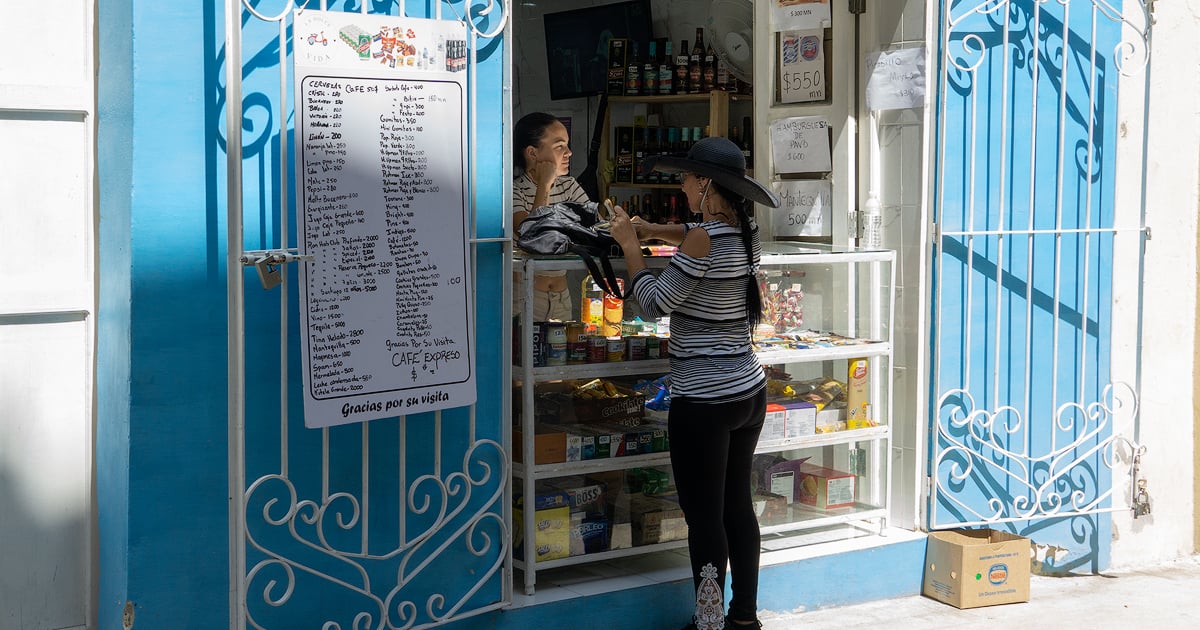
A new blow from the Communist Party of Cuba to private initiative on the Island. The Official Gazette of the Republic (Number 119) publishes this Thursday a resolution (56) from the Minister of Domestic Trade, Betsy Díaz Velázquez, which "automatically cancels the licenses for wholesale activities issued to micro, small, and medium private enterprises and non-agricultural cooperatives that have it approved in their social purpose as a secondary activity."
The measure, which comes into effect on December 5, is reportedly being implemented "to regulate" wholesale and retail trade in the context of private enterprise.
The new resolution does not explain the reasons behind this veto. Cubadebate merely states, in an official perspective, that this decision will be implemented gradually and will "foster" (force) "work alliances between state and non-state economic actors." It does not address the burden posed by state inefficiencies. Ministry officials emphasize that the alliance with non-state economic actors has the advantage of enabling the use of infrastructure, transportation, and commercial expertise from state resources.
When they talk about implementing it gradually, they refer to a period of 90 days for micro, small, and medium-sized private enterprises and non-agricultural cooperatives currently engaged in wholesale trade (acting as intermediaries between sellers and buyers, whether they are Mipyme or state institutions) to confirm that they will continue this activity with the participation of state-owned enterprises. To do this, they must update their corporate purpose and business license, a process that the realm of bureaucracy assures will be done "promptly."
Those who do not choose to ratify this forced alliance with state entities have 120 days to liquidate their stock. To do this, they may sell this merchandise at retail, provided it is defined in their corporate purpose and they hold a commercial license for it.
The Ministry of Domestic Trade only clarifies that private companies may continue to engage in retail trade (selling to the public or providing services to the public), as long as it is approved in their corporate purpose or project, and they hold the necessary commercial license for it.
Furthermore, it emphasizes that self-employed workers will not be allowed to engage in wholesale trade. In fact, this new resolution automatically cancels the registration of wholesale trade of national or imported goods for self-employed individuals.
Can Mipymes engage in wholesale trade?
Micro, small, and medium-sized enterprises can directly trade wholesale with state entities or through state wholesale distributors. To do so, they must express their intention to continue this activity and update their business license within 90 business days from December 5th.
Procedures with the Central Commerce Registry can be carried out in person or online.
A year of regression
In July of this year, the Cuban government revoked the import licenses of nearly one-third of the private businesses that were authorized to do so. Prime Minister Manuel Marrero Cruz informed the deputies of the National Assembly of People's Power that "it was decided to close this capacity for 24 of the 73 companies approved for importing due to low activity levels and poor performance."
Also last summer, Díaz-Canel announced that "It's time to take action!", thereby confirming the shift in the Cuban regime's policy of cautious economic opening and reaffirming its intention to subject the activities of "new economic actors" to state directives and centralized economic planning.
A month later, in August 2024, the Cuban regime, through the Council of Ministers, published Decree 107, which establishes new restrictions for micro, small, and medium-sized private enterprises (Mipymes), non-agricultural cooperatives, and self-employed workers.
Filed under: